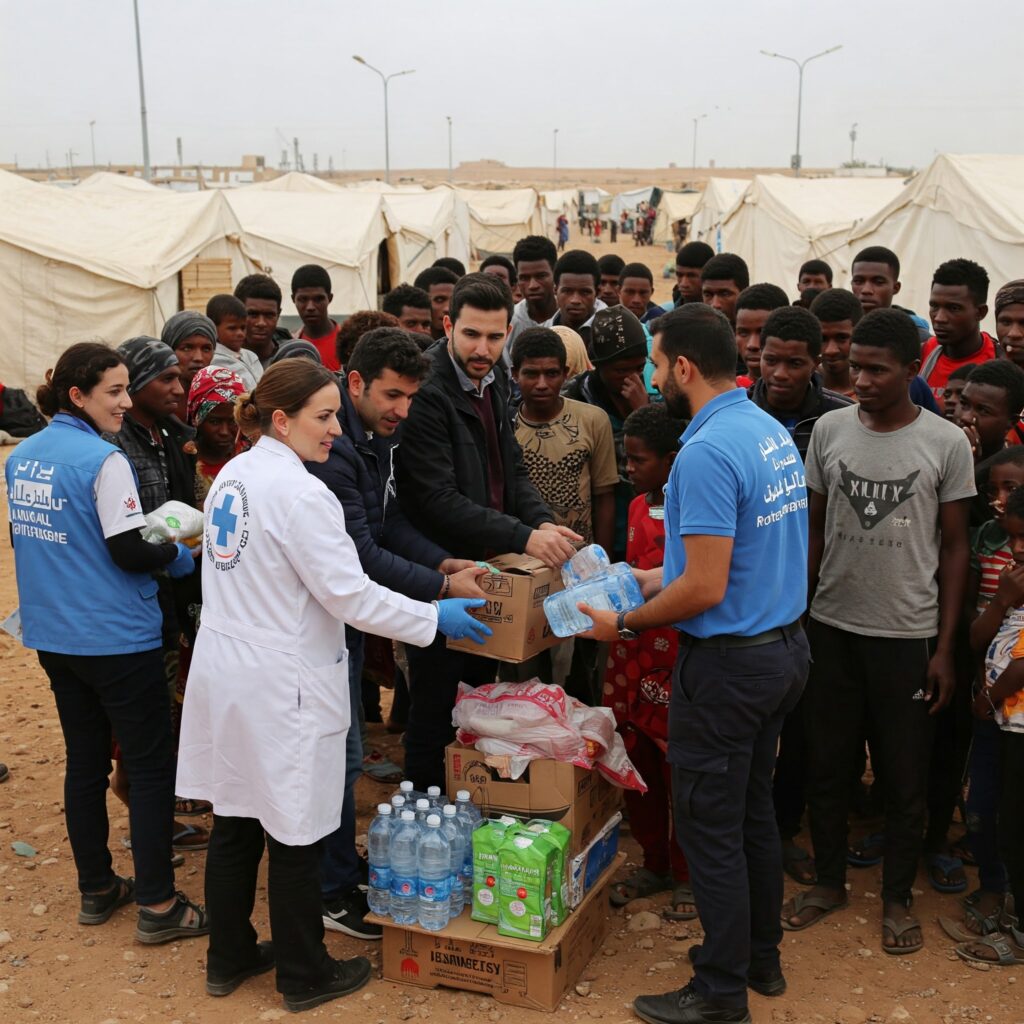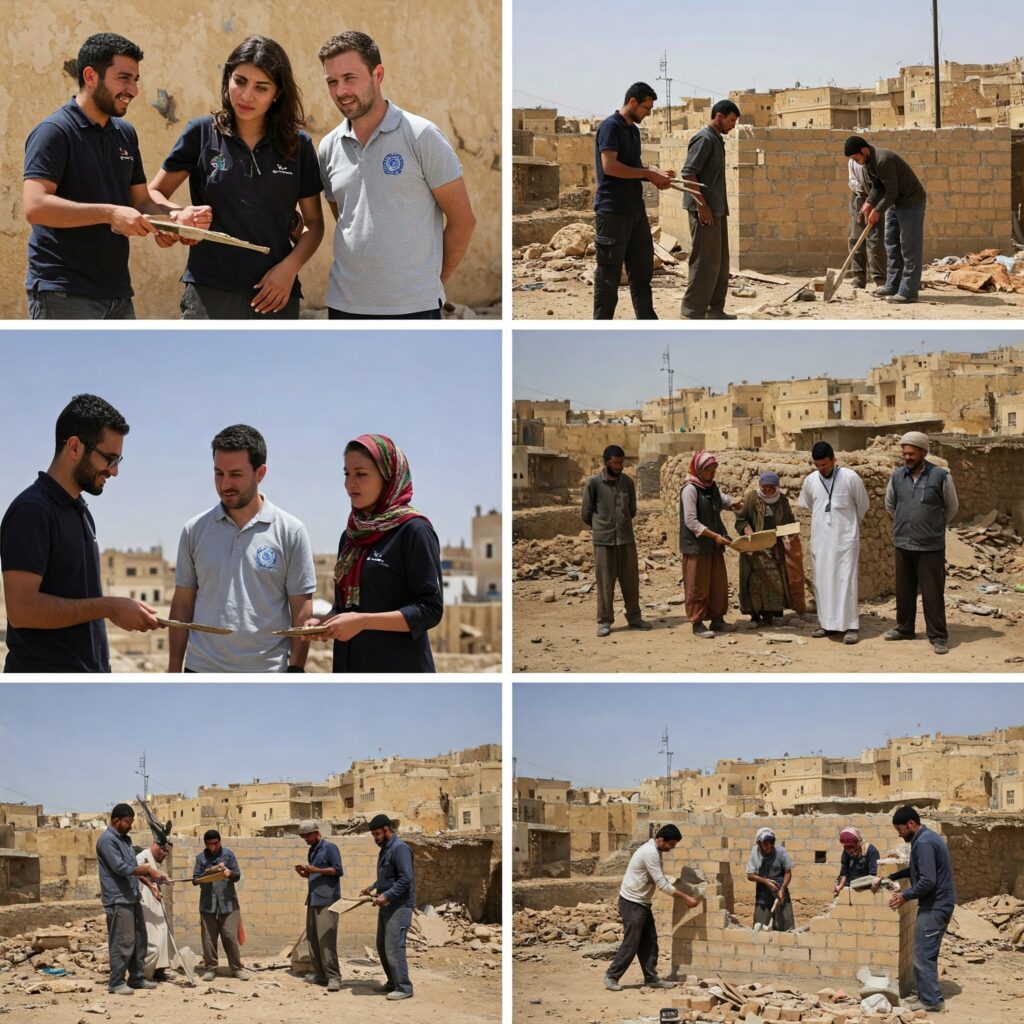As of April 2025, Libya’s humanitarian and development landscape is marked by significant challenges and evolving dynamics. The suspension of ten international aid organizations, including Doctors Without Borders and the Norwegian Refugee Council, by Libyan authorities has raised concerns about the delivery of essential services to migrants and refugees. The Internal Security Agency accused these organizations of violating local laws by providing aid that allegedly encouraged the settlement of African migrants in Libya, thereby altering the country’s demographic composition. This action has disrupted critical assistance to nearly 787,000 migrants and refugees, many of whom face severe violence, abuse, and limited access to healthcare.
Politically, Libya remains divided between rival administrations, with ongoing struggles over economic resources and fragmented institutions lacking a unified budget. Despite a ceasefire in place since 2020, recent armed mobilizations around Tripoli have heightened fears of renewed violence. In the south, efforts to restructure the Libyan National Army have led to clashes and fatalities. The lack of consensus on presidential elections continues to hinder political progress, while human rights abuses and hate speech targeting migrants and humanitarian organizations have escalated, leading to mass arrests and demonstrations.


On the development front, the United Nations in Libya has launched the Sustainable Development Cooperation Framework for 2023-2025, aiming to support inclusive economic growth, peace, and governance. This framework focuses on four strategic priorities: peace and governance, sustainable economic development, social and human capital development, and climate change, environment, and water. The initiative seeks to transition from humanitarian aid to more development-focused work, emphasizing the importance of political stability and inclusive elections for successful implementation.
For international NGOs and consultants operating in Libya, these developments underscore the need for careful navigation of the complex political and security environment. Ensuring compliance with local laws and maintaining transparency in operations are crucial for continued access and effectiveness. Collaborating closely with Libyan authorities and aligning with national development priorities can facilitate smoother operations and contribute to the country’s long-term stability and growth.